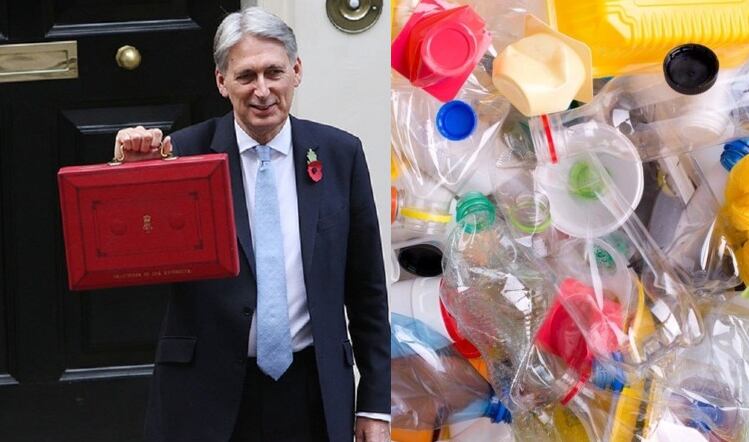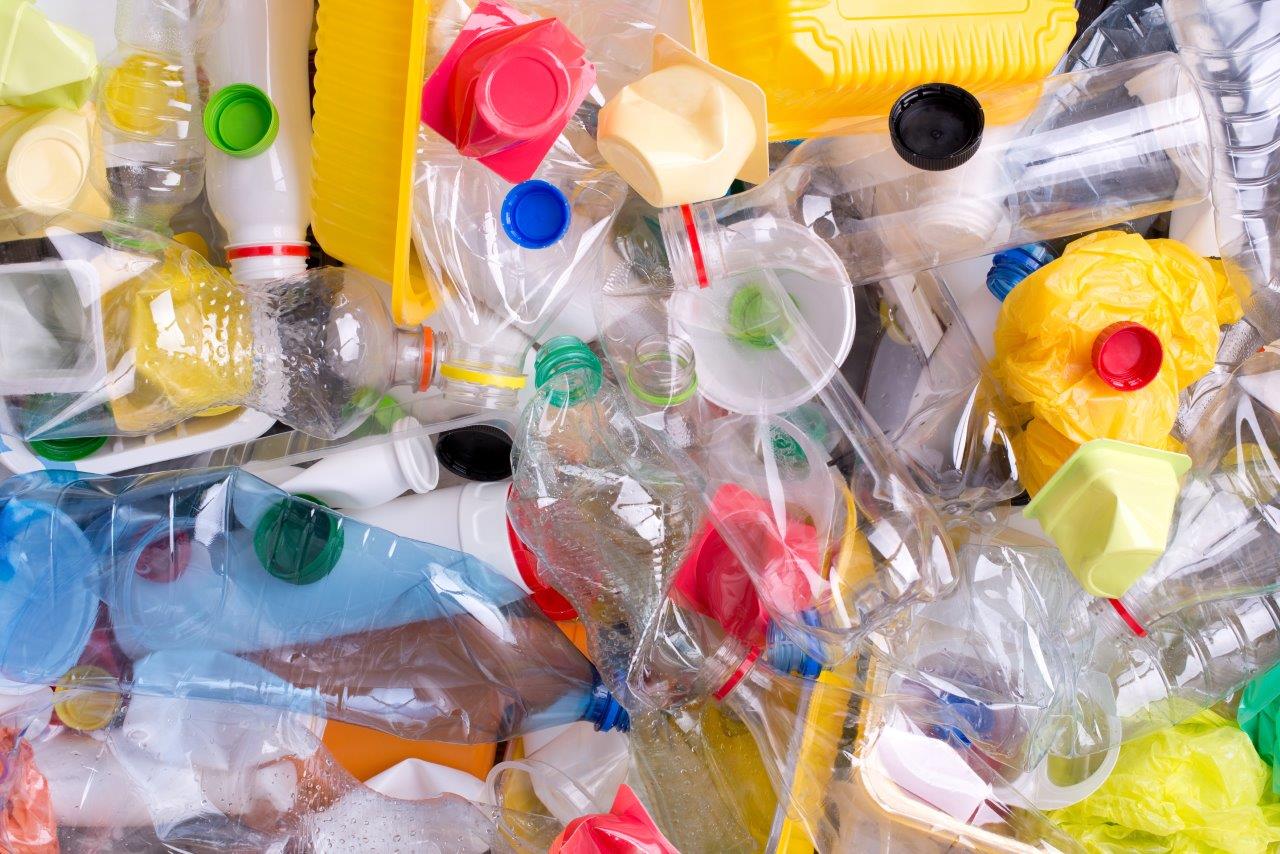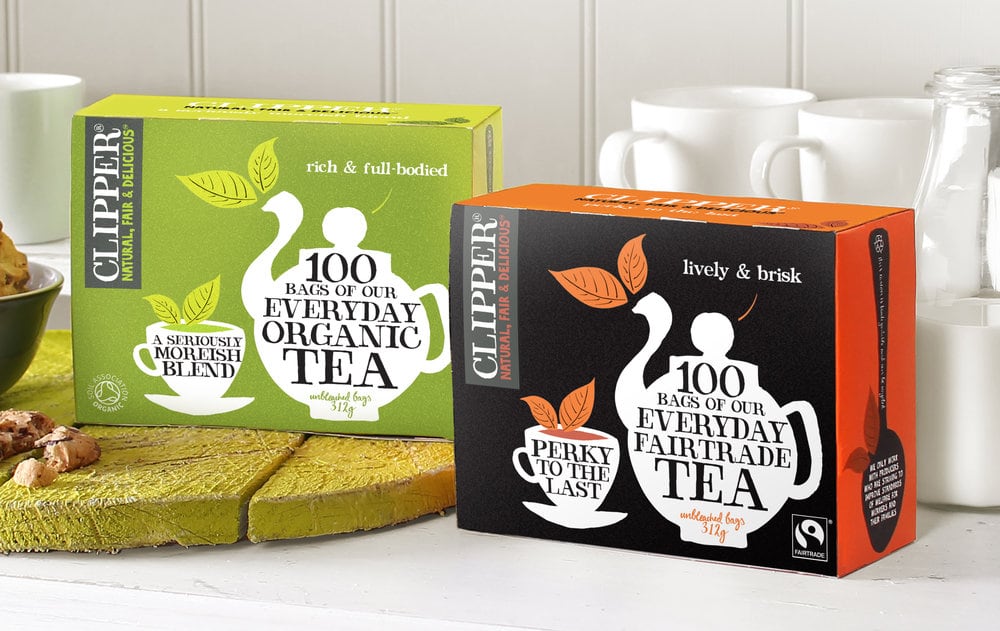Ian Wright, chief executive of the Food and Drink Federation (FDF), said food and drink manufacturers would welcome the Chancellor’s announcements and was content that the FDF’s representations on the way the Apprenticeship Levy operated had been listened to and acted upon.
Wright also continued to cast doubt over the Government’s plans for a potential no-deal Brexit and asked how long the UK could continue as normal with business and politics.
Commenting on the consultation on a plastic packaging tax, Wright said: “While we are committed to reducing packaging waste and working with Government, today’s new tax on plastic packaging will result in significantly increased costs for UK food and drink manufacturers, due to the input costs required to produce food-grade recycled packaging.”
Echoing Wright’s concerns over the plastics tax was Philip Marshall, head of PET at chemicals and renewables consultancy Wood Mackenzie.
‘Cost of packaging to rise’
“Due to the challenging nature of collection, recyclate availability is proving difficult to increase and then reuse,” Marshall explained. “If there is a greater demand placed on recyclate used within packaging production, due to today's proposed tax, the cost of said packaging is likely to rise in the short-to-medium term.”
He warned that brand owners and producers were the ones who had had to absorb these charges historically.
However, Colin Elkins, global industry director for process manufacturing at software provider IFS, questioned whether the proposed tax was enough to persuade businesses to reduce plastic usage.
“The tax on the manufacture and import of plastic packaging that contains less than 30% recycled plastic is a good start, but this still paints a picture that oxo-plastics are still ok – and they’re not,” argued Elkins.
He called for a system that provided producers with an incentive to design packaging that was easier to recycle and penalise the use of difficult-to-recycle packaging, such as black plastics.
National Farmers Union
There was a similar mixed reaction to other measures. The National Farmers Union (NFU) welcomed the introduction of the new Structures and Buildings Allowance for non-residential structures, as well as an increase to the Annual Investment Allowance to £1m – but expressed disappointment this was only for two years.
Commenting on the Government’s £200m plan to roll out fibre broadband internet to rural parts of the UK, NFU president Minette Batters said: “It is vital that this is not a one-off investment and it must be part of a continued effort to deliver better connectivity for all rural businesses.
“We hope that this investment in the National Productivity Investment Fund will be used to address the digital divide between the countryside and urban areas.”
Batters did raise concerns over the 4.9% increase to the national living wage, which was “substantially more than the sector expected” and came at a time when rural businesses were faced with a rising cost base.
She added: “It is vital the strategic importance of the farming industry, that provides the raw ingredients for the UK’s largest manufacturing sector – food and drink, which generates £113bn for the economy, is properly recognised and valued by the Government.”
Supply chain
The food and drink supply chain also had a mixed response to the 2018 budget, with members of the logistics sector questioning whether more could have been done to support the transport of goods.
Christopher Snelling, head of UK policy at the Freight Transport Association (FTA), said the £420m announced in the Budget to repair potholes was a “drop in the ocean” compared with the £8bn needed to rectify years of under-investment in the UK’s road network.
“The damage caused by potholes to the UK’s logistics fleet is adding unnecessary cost to the operation of vehicles tasked with keeping Britain trading and FTA is concerned that the funding released by the Chancellor today will mean that operators will continue to incur these unreasonable costs at a time of extreme trading pressure,” said Snelling.
‘Lost opportunity’
“More could and should have been done to help the logistics sector at such a critical time in the nation’s trading history. It is a lost opportunity.”
Head of the Food Storage & Distribution Federation Shane Brennan said that – while the Chancellor showed all the right intentions in the Budget – the reality was that until a deal with the EU did or did not emerge, it was hard to see what the immediate future held for the food chain.
“It is a relief that the Budget did not include knee-jerk action to ban red diesel use on refrigerated vehicles. We are pleased the Government is still listening to our arguments on this. However, we know that this is a decision deferred rather than a decision made,” he added.
Meanwhile, small and medium-sized food and drink firms are set to benefit from several features of Chancellor of the Exchequer Philip Hammond’s autumn budget, including support for investment, exports and construction.





